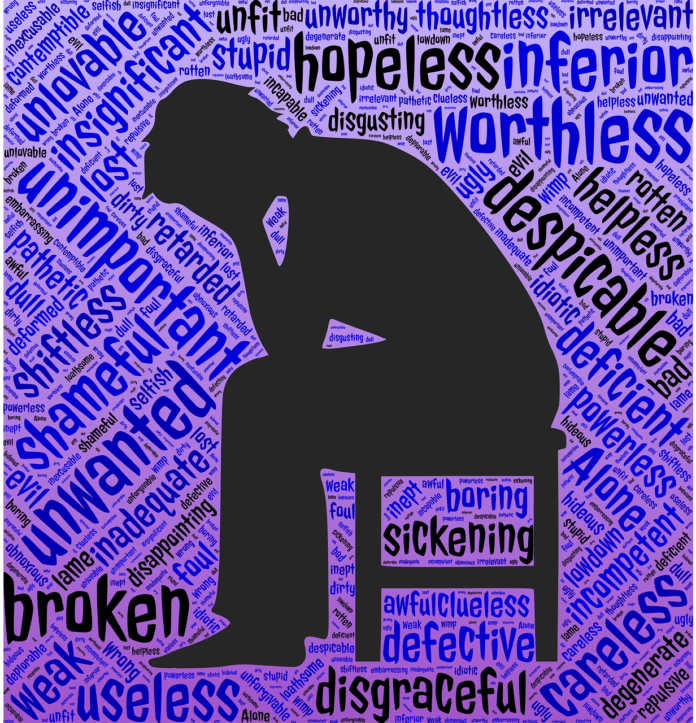By Phil Rosenbaum
Self-esteem is extremely important. The American Psychological Association states that high self-esteem is the key to positive mental health and well-being. In the book Self-Esteem by Matthew McKay, PH.D. and Patrick Fanning, the authors state that “self-esteem is essential for psychological survival. Without some measure of self-worth, life can be enormously painful, with many basic needs going unmet.”
There are many advantages to having high self-esteem. These include improved mental and physical health, being able to handle adversity in a positive manner, having good coping skills, being more successful in school and at work, and demonstrating less anti-social behavior. With high self-esteem, one tends to view oneself as valuable and worthy of respect, love, and belongingness.
Having low self-esteem, however, can cause anxiety, stress, loneliness, shame and guilt, and feelings of sadness. It can lead to depression and cause problems with friendships and relationships. Low self-esteem contributes to higher crime rates, drug addiction, educational problems, and even suicide attempts. In addition, it can increase repressed anger and reduce one’s willingness to try new things, affecting one’s mood and finances.
McKay and Fanning point out there is no way to know whether high self-esteem fosters success or if success fosters high self-esteem. They state: “What is clear, however, is that your thoughts determine your self-esteem 100% of the time.” Changing the way you interpret your life can raise your self-esteem.
In the book The Shrinking of America: Myths of Psychological Change, Bernie Zilbergeld posits that psychotherapy has only limited effectiveness for many problems it attempts to alleviate. However, after reviewing the research, he concluded that psychotherapy does positively affect self-esteem and that “improved self-esteem may be counseling’s most important outcome.” Clients accept themselves more and see themselves as more deserving and more capable. The problem, however, is that it can take months or even years for the change to occur.
Psychologist Eugene Sagan coined the term “the pathological critic” to describe the negative inner voice that attacks and judges you. Everyone has this trait; however, people with low self-esteem usually have a more vicious and vocal pathological critic. The critic blames you for whatever goes wrong in your life. It compares you to others and points out how you fall short. It sets impossible standards and beats you up for small mistakes. It reminds you of all your failures but never reminds you of your successes, strengths, or accomplishments. The problem is that no matter how ridiculous, distorted, and false these attacks are, we almost always believe them.
We get so used to listening to the inner critic that we don’t realize that we can turn this off. As a result, the pathological critic undermines our self-worth every day of our lives. McKay and Fanning state, “A loud, voluble critic is enormously toxic. He is more poisonous to your psychological health than almost any trauma or loss.” The authors go on to say that you can learn to analyze and refute what the critic says and tune him out before he has a chance to damage your self-worth.
There are many things you can do to raise your self-esteem. You can give yourself a pep talk on a regular basis; you can set small goals, do journaling, do volunteer work, learn a new skill, and list your accomplishments. You can practice gratitude, challenge yourself to accomplish a goal, get physically active and exercise, meditate, visualize success, use affirmations, and read books on self-esteem.
If you are having trouble getting your pathological critic under control, hypnosis can be very effective in accomplishing this. If you would like to learn more about hypnosis or experience a session, please call Phil Rosenbaum at 248-688-6469. Don’t let your pathological critic continues to ruin your life.











